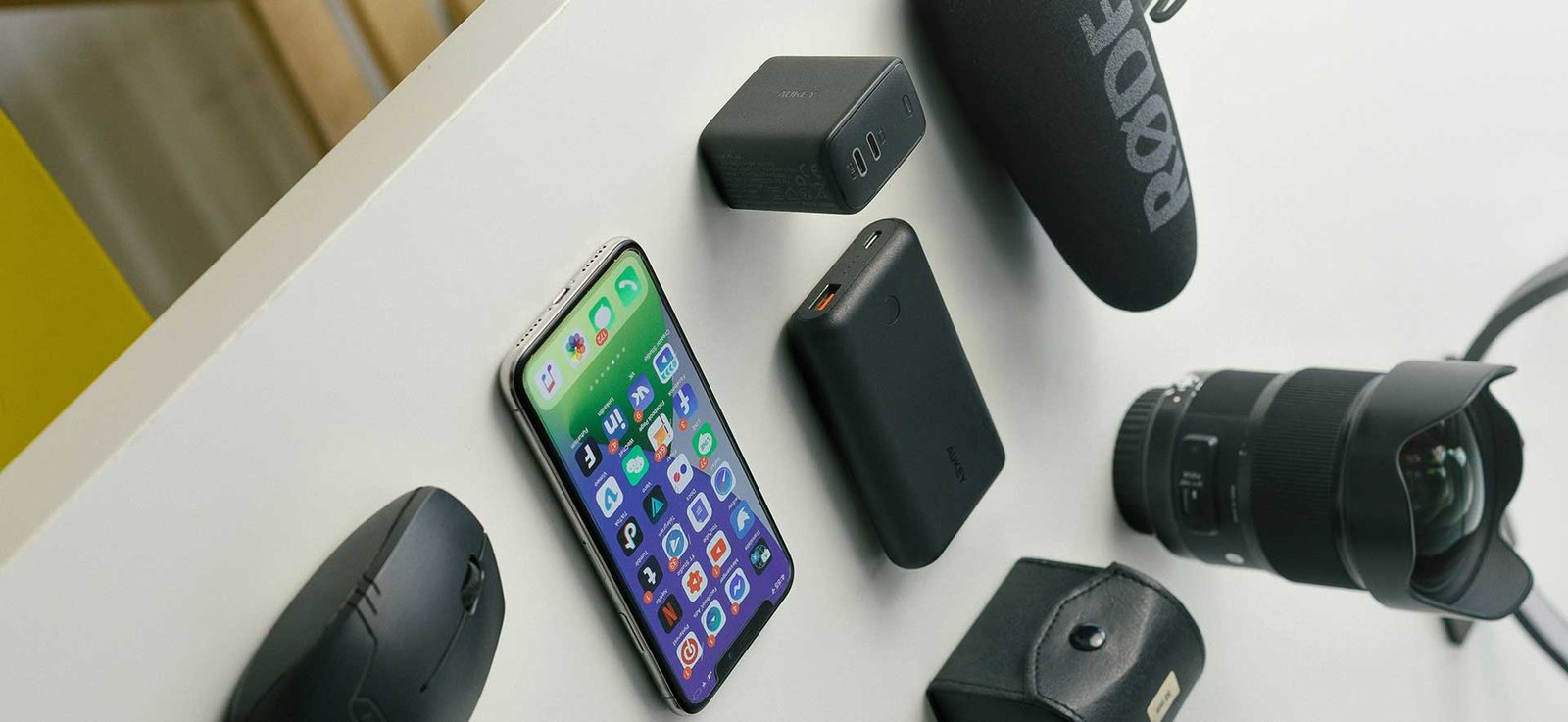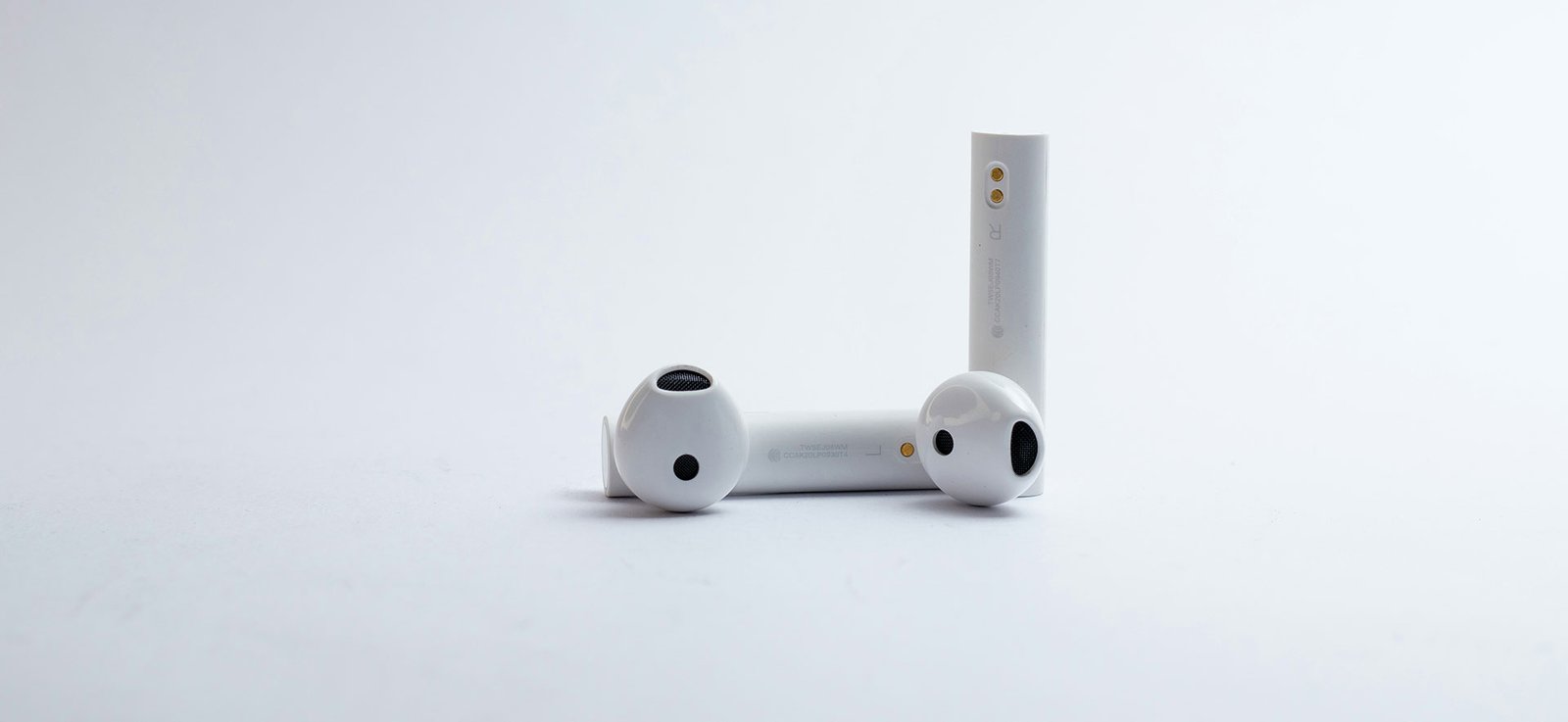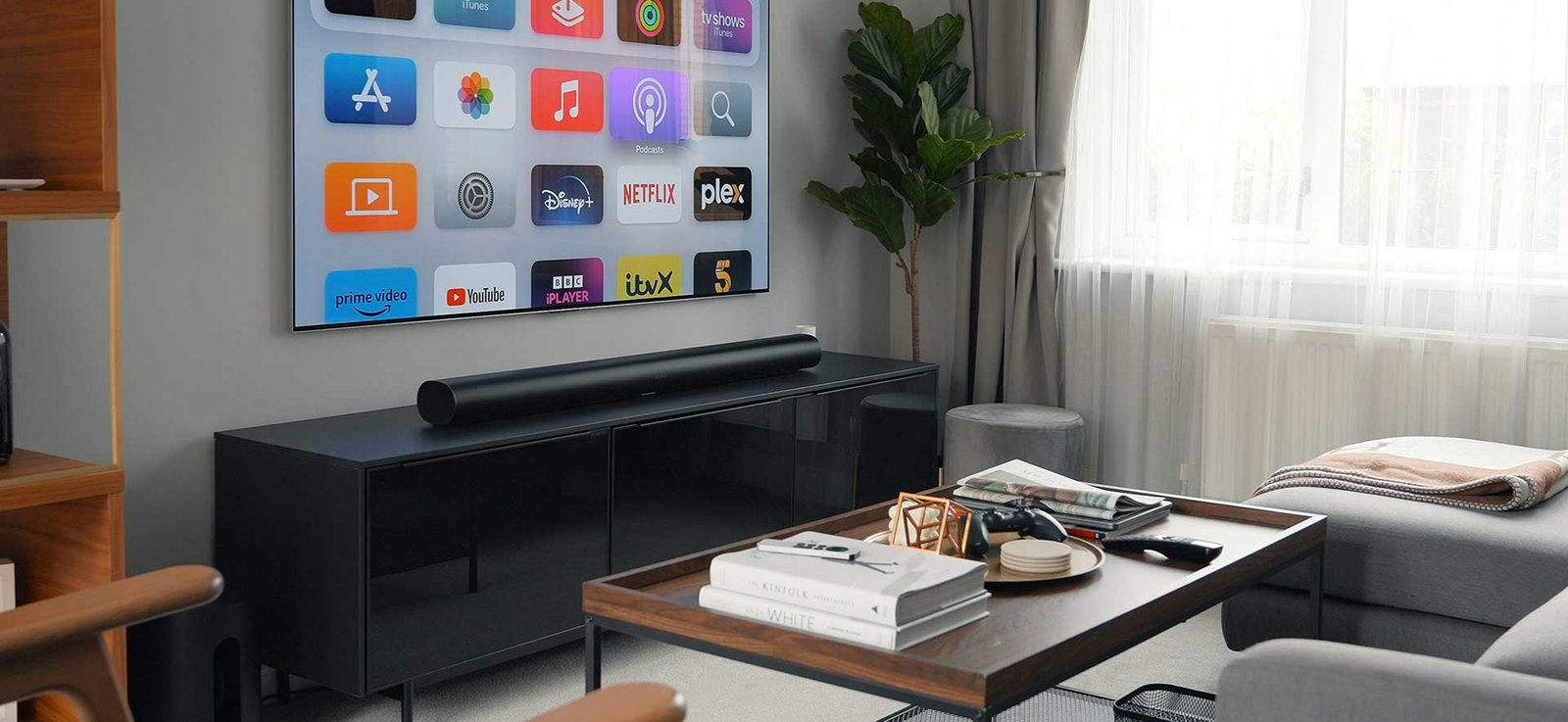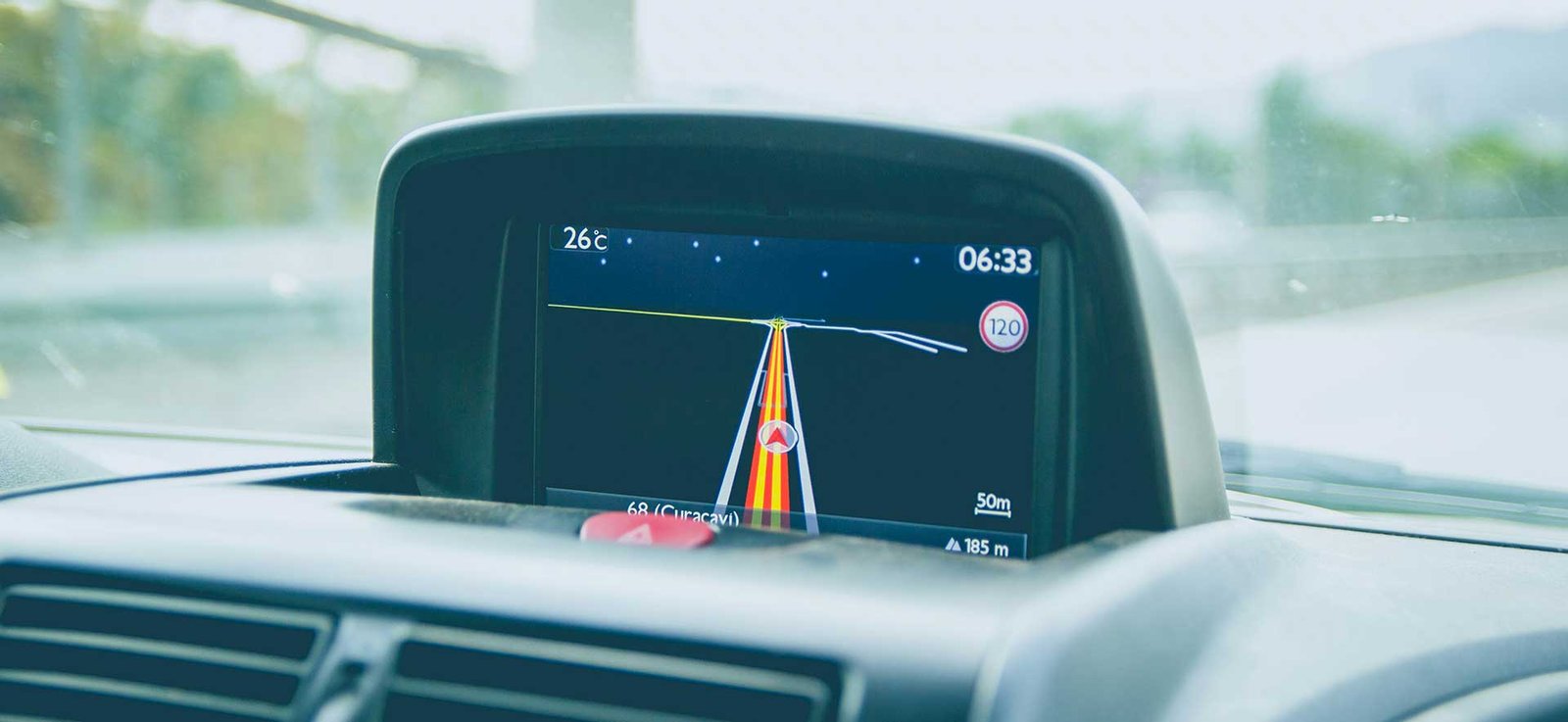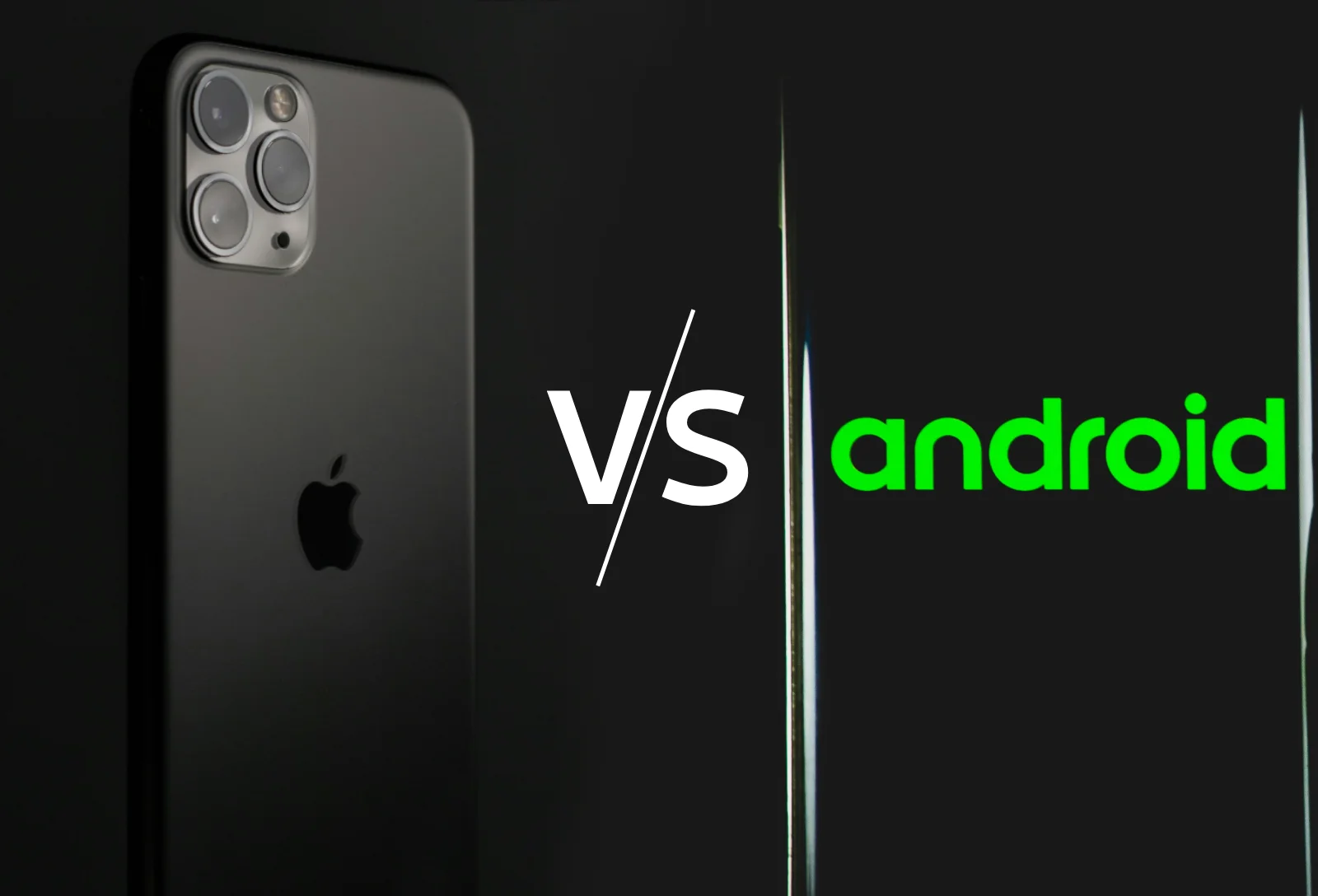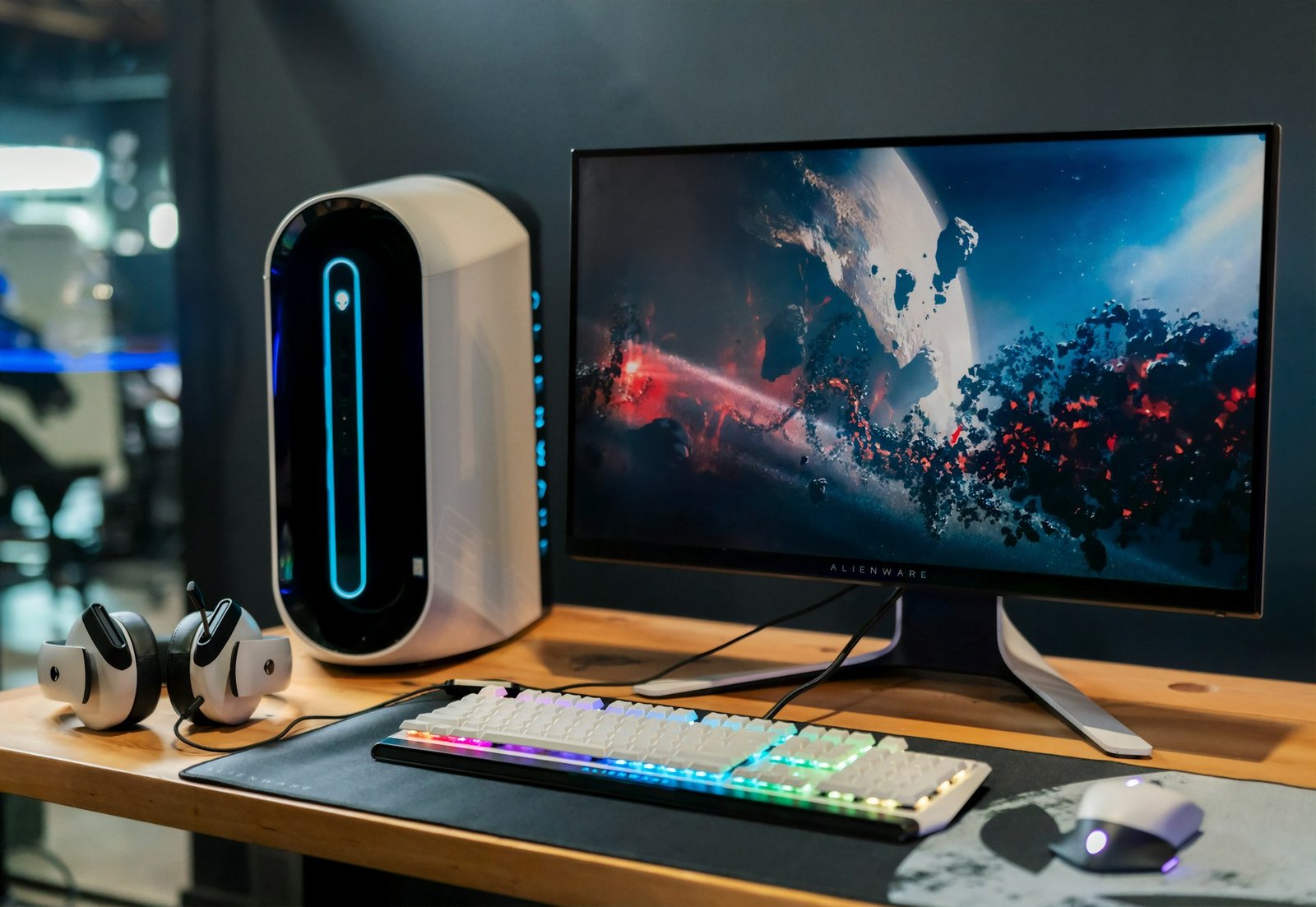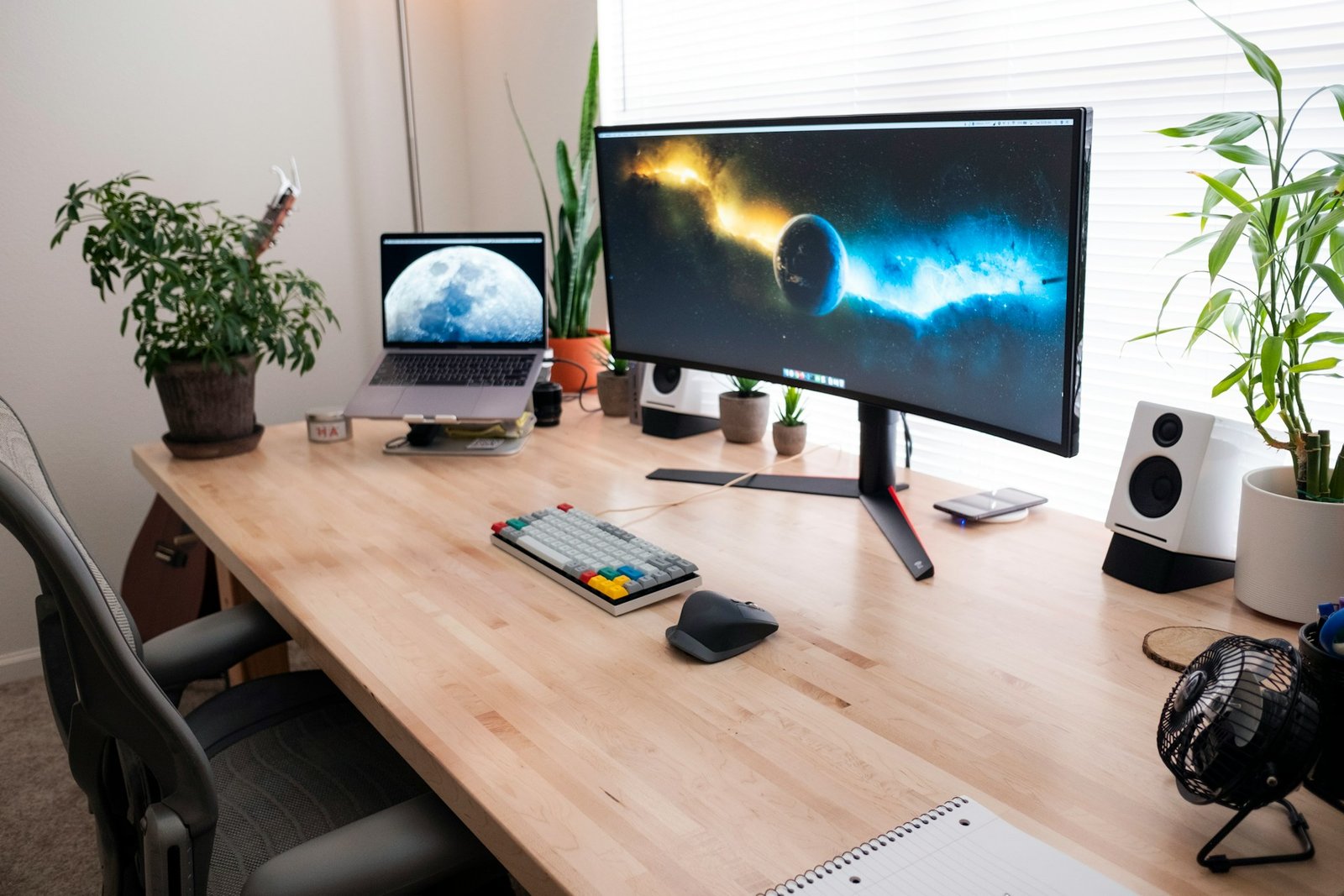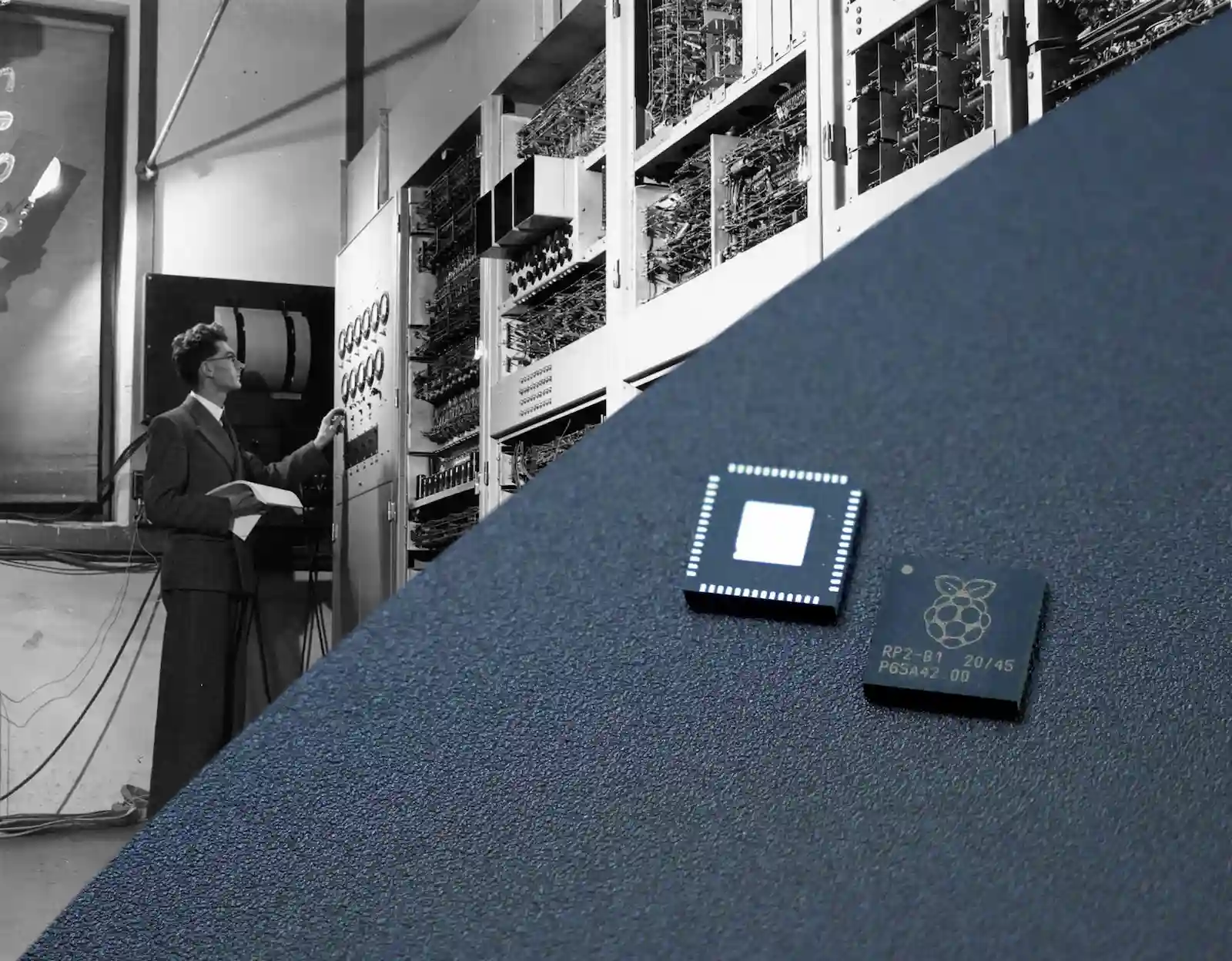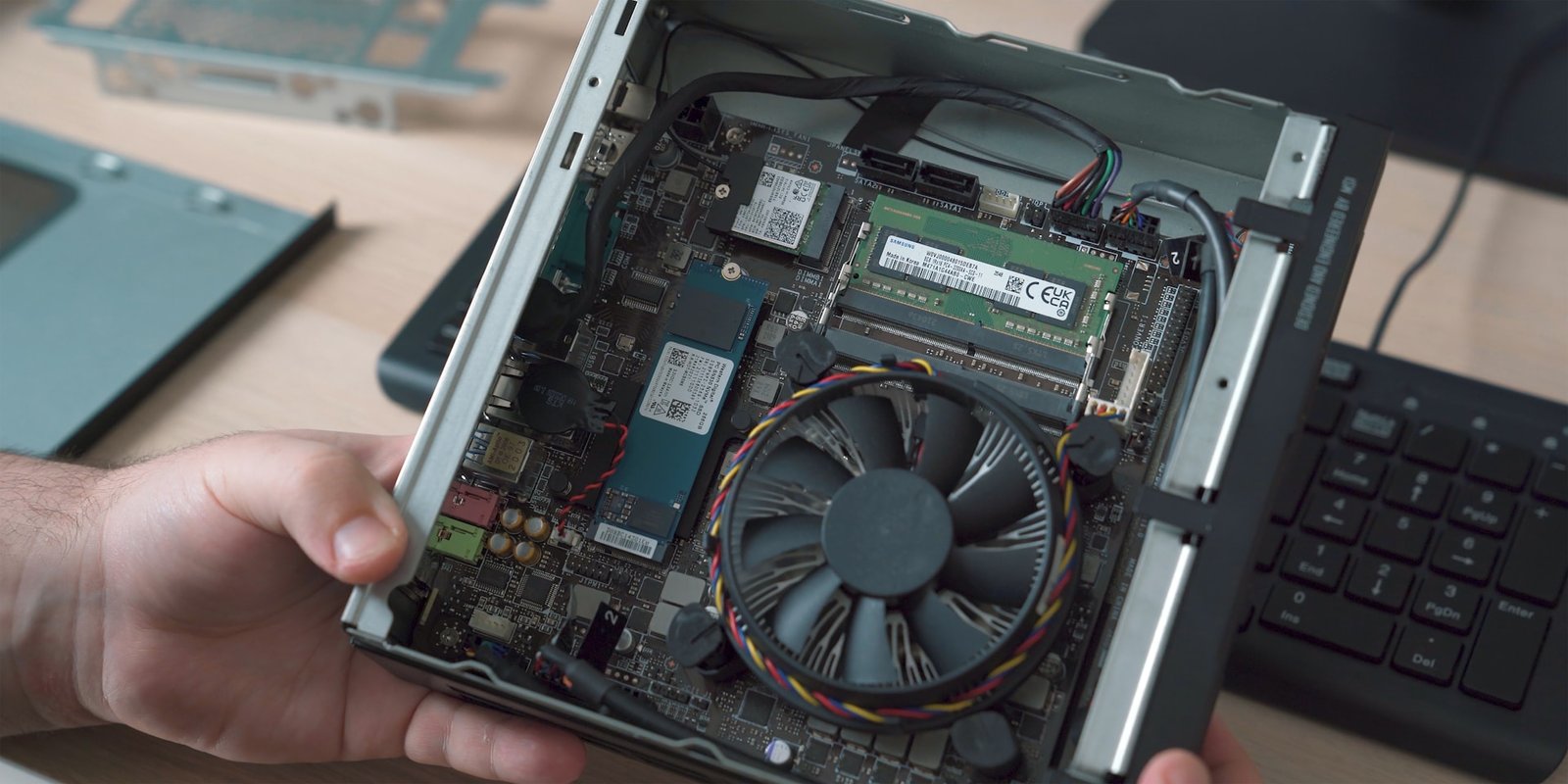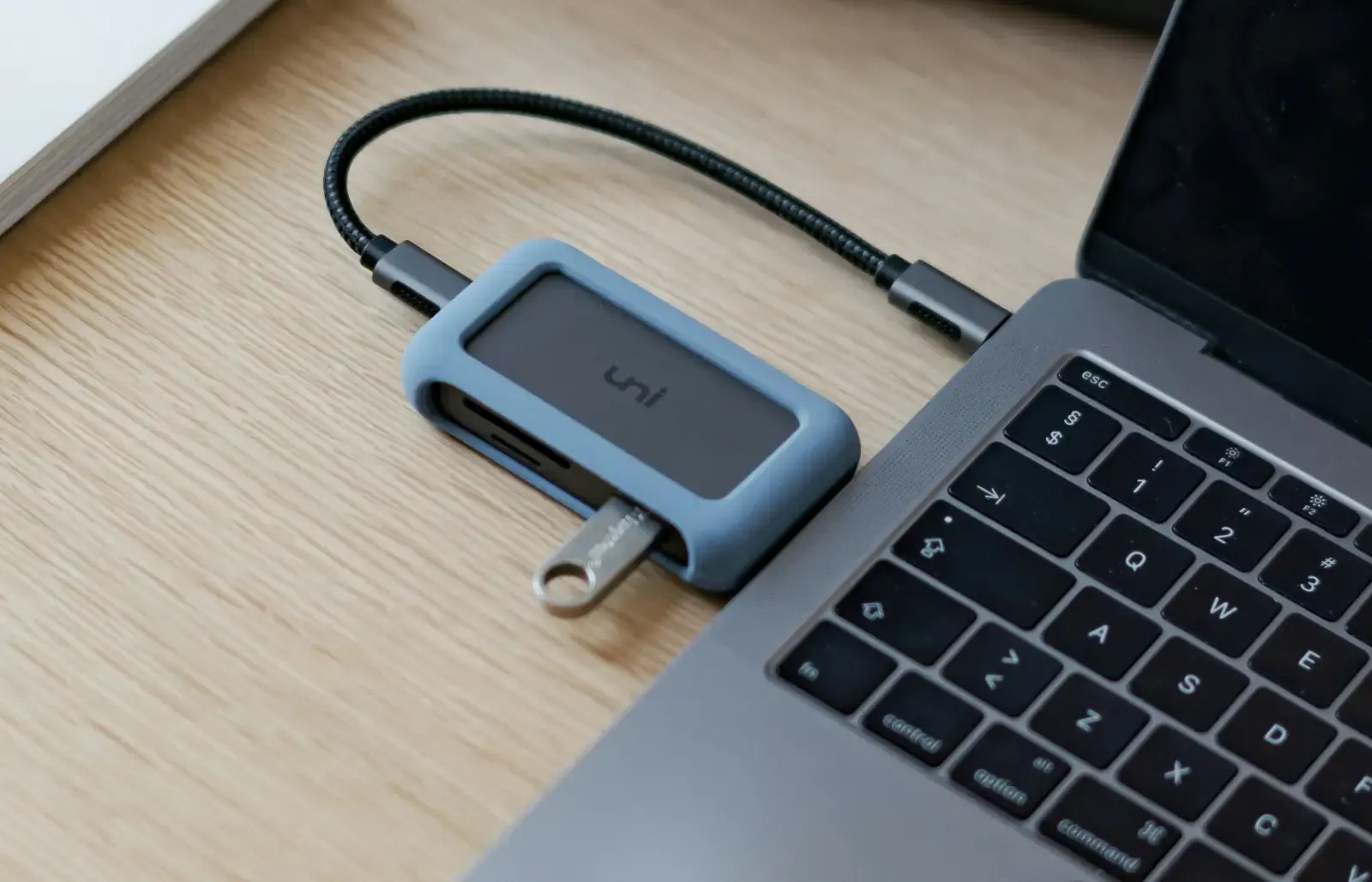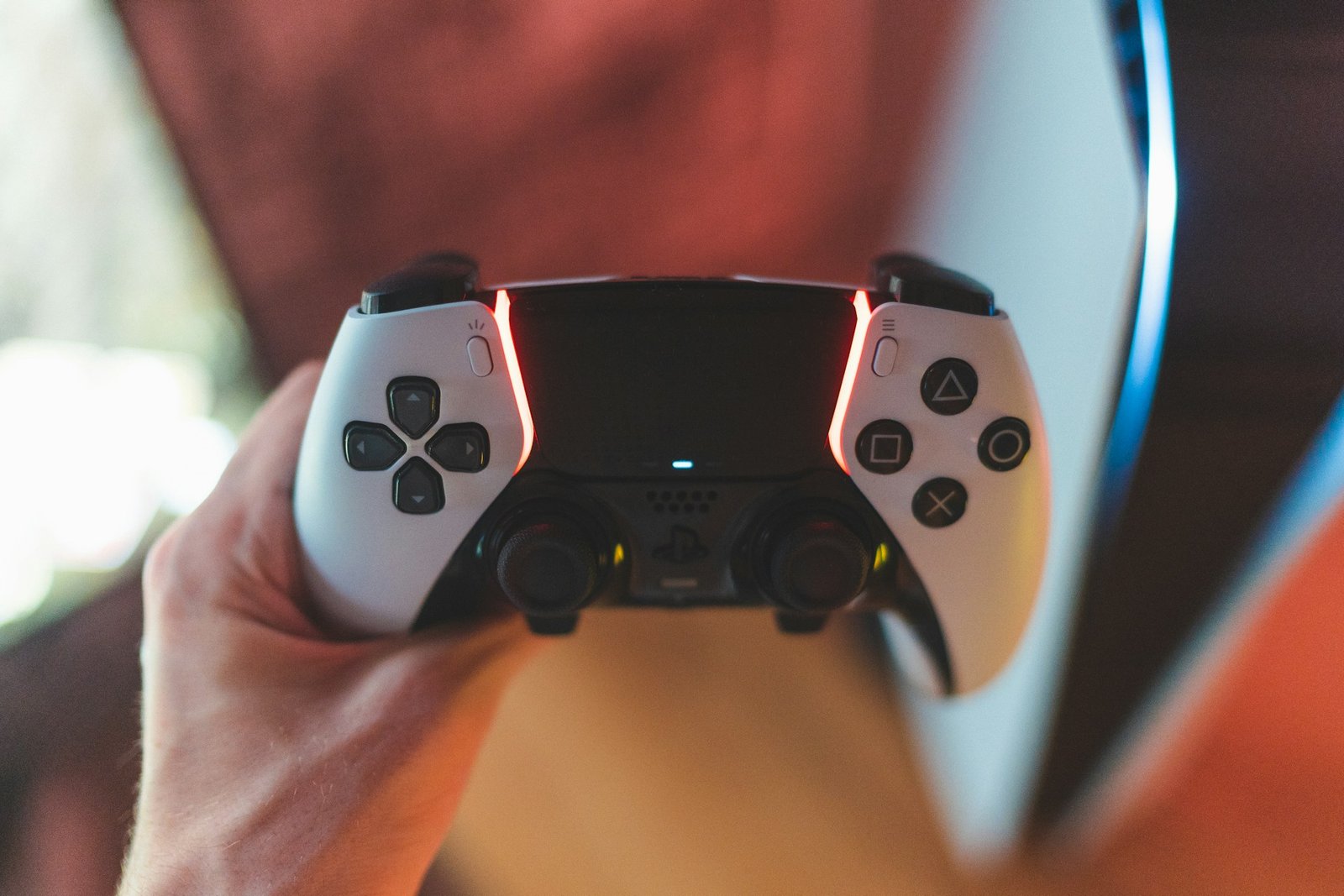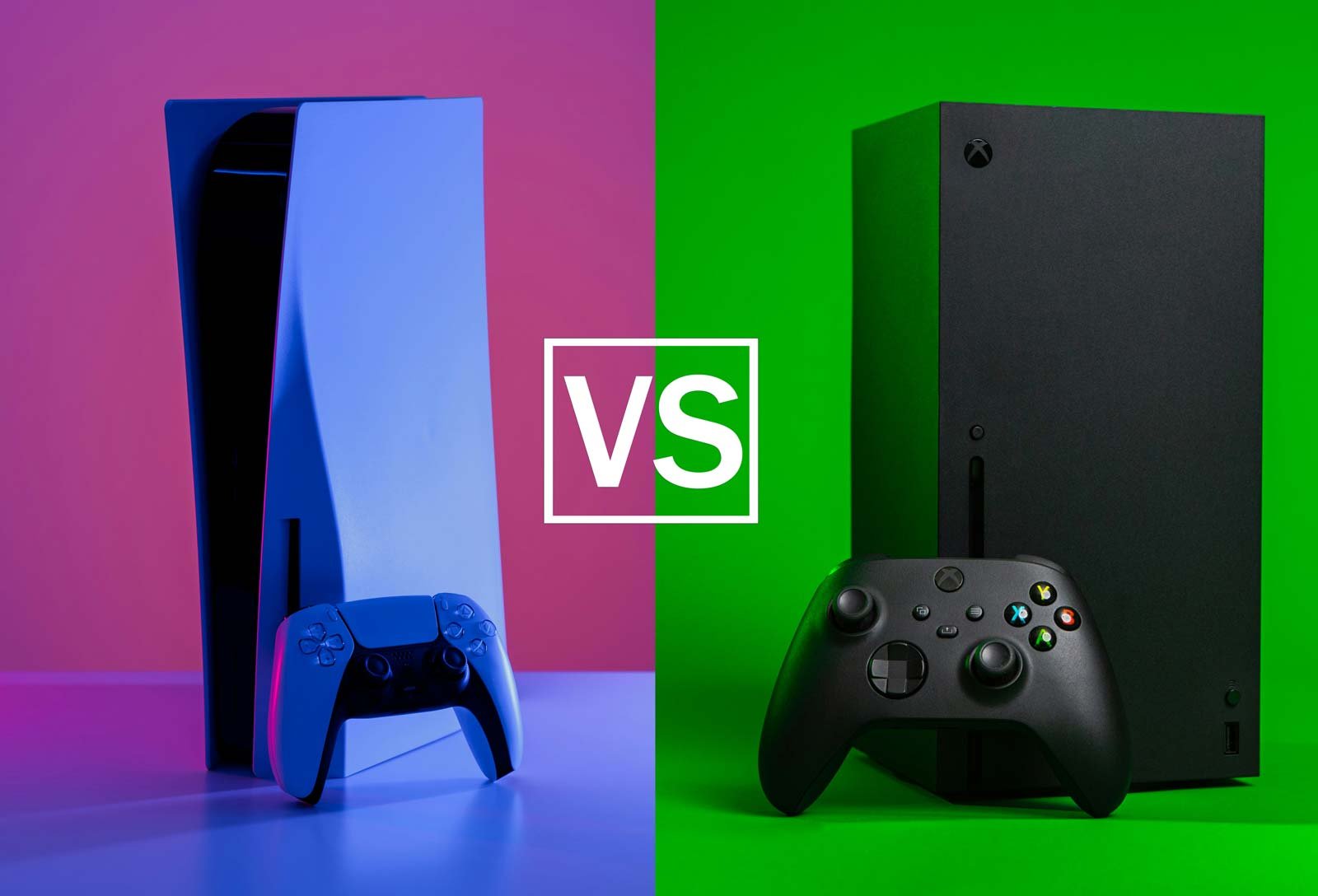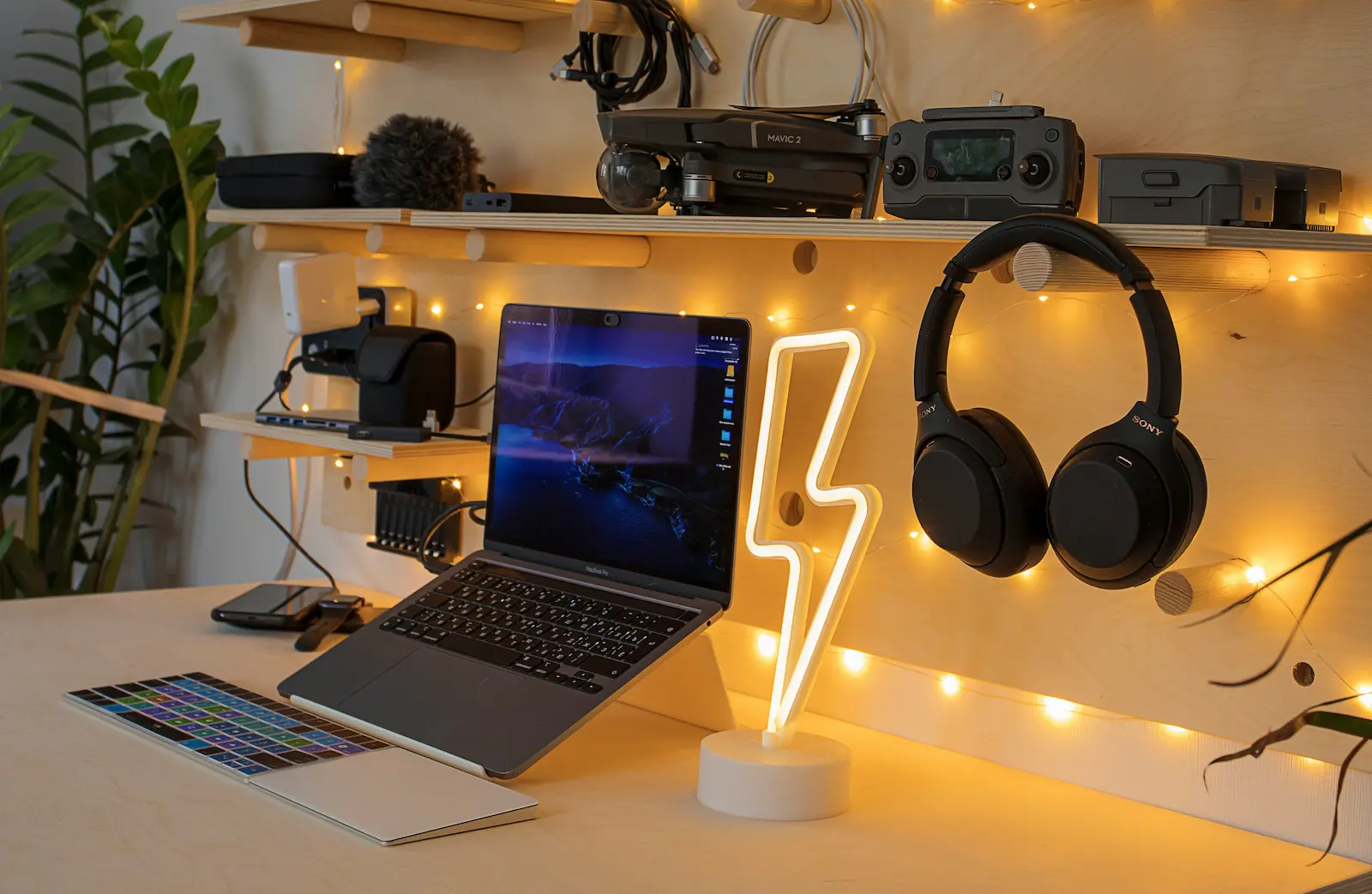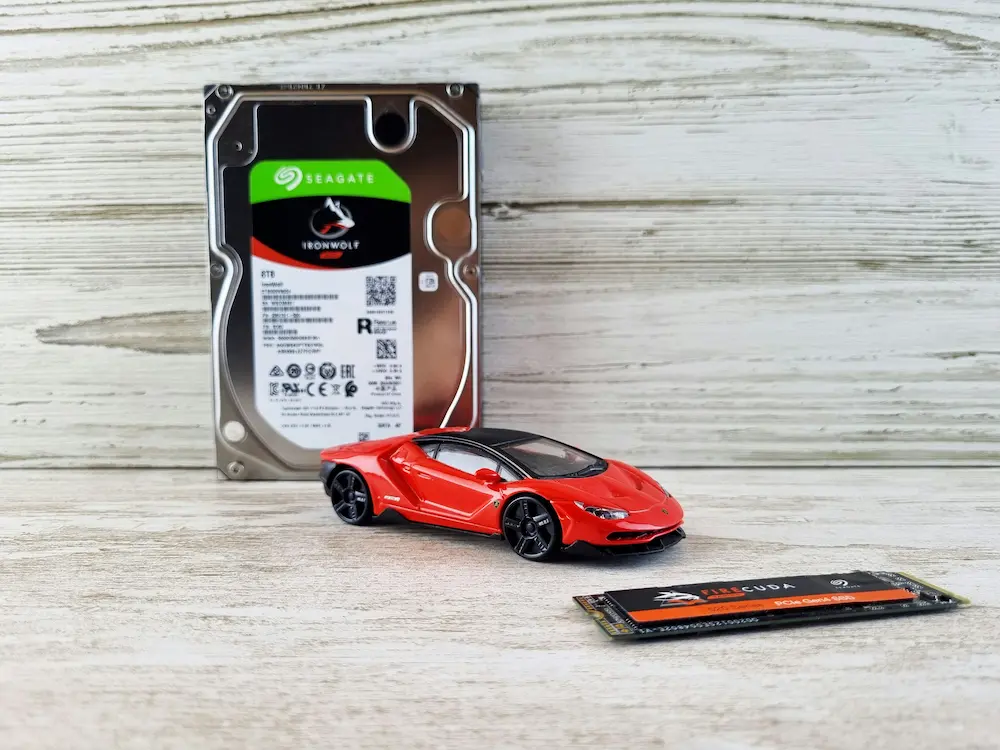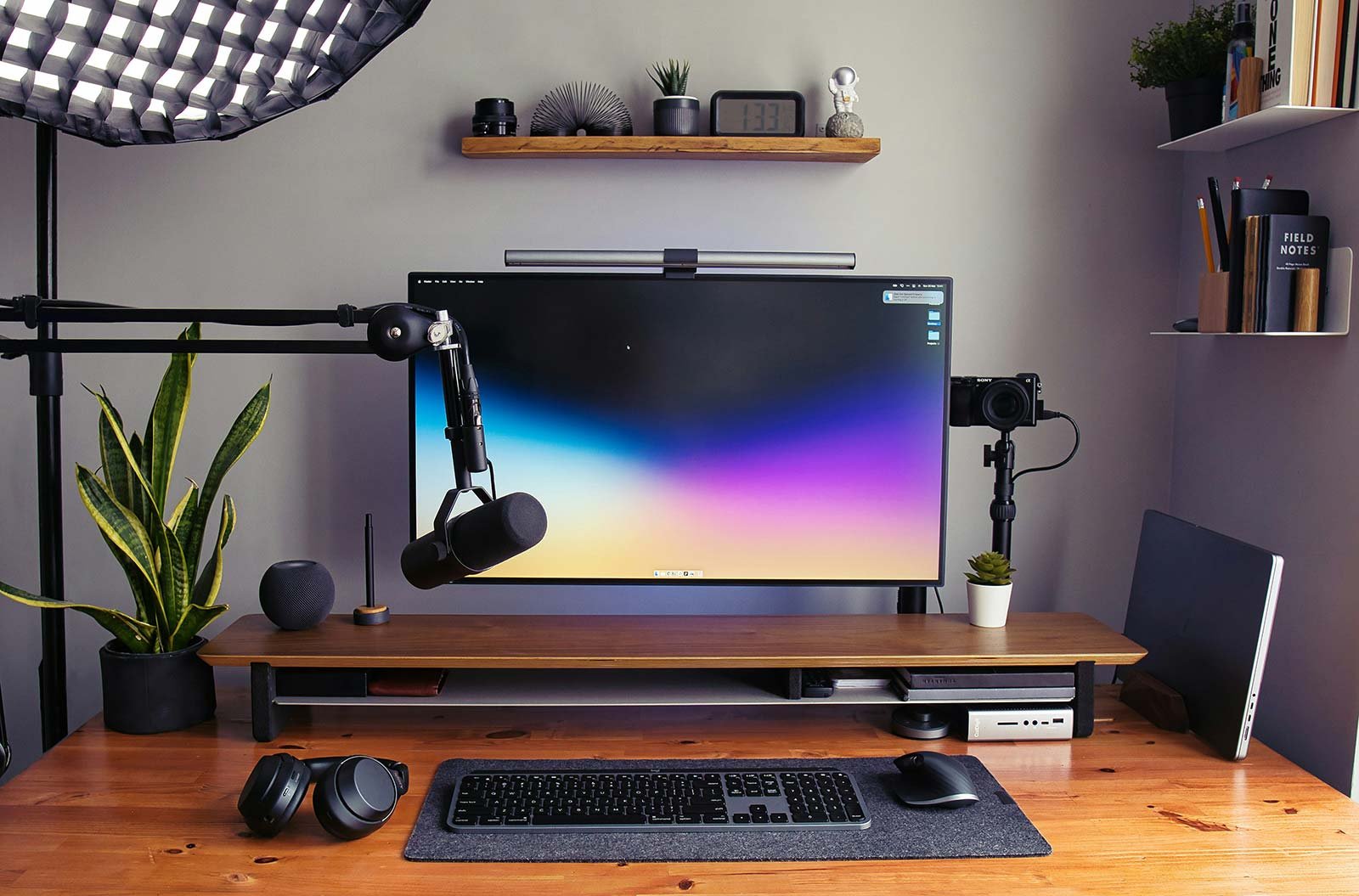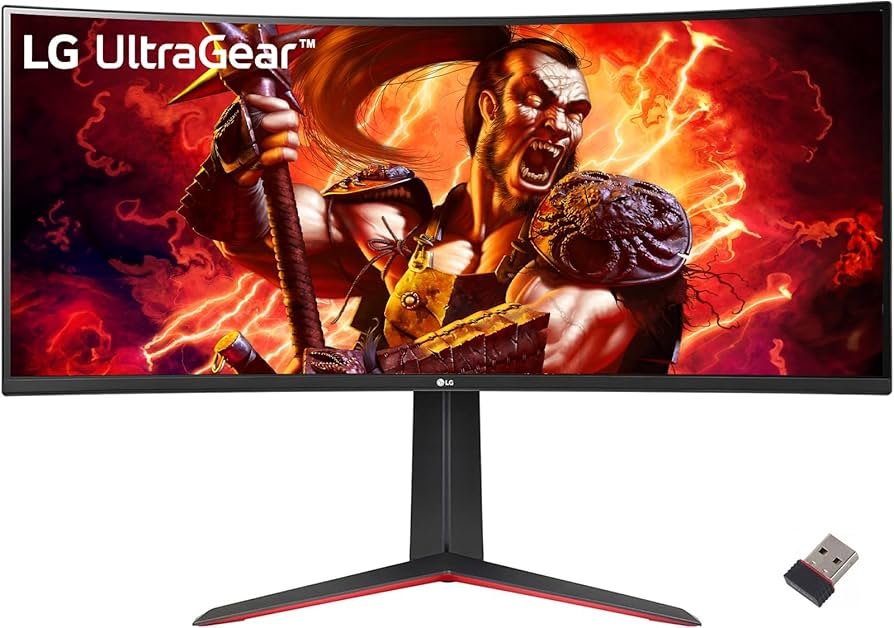In the world of smartphones, the iPhone vs. Android debate is ongoing. Choosing between these two giants can be challenging, as both offer unique benefits. In this blog post, we will explore the key differences, helping you decide which smartphone device is right for you.
User Experience and Interface

iPhone: Apple's iOS is known for its slick, intuitive design and user-friendly interface. The consistency across iOS devices makes it easy for users to switch between devices with minimal learning curve. The seamless integration with other Apple products like MacBooks, iPads, and the Apple Watch enhances the overall user experience.
Android: Android offers a highly customizable experience. With a variety of manufacturers like Samsung, Google, and OnePlus, you can choose from a wide range of devices. Android’s open-source nature allows users to personalize their interface to a greater extent than iOS, from custom widgets to alternative app launchers.
App Ecosystem

iPhone:
The App Store is renowned for its strict quality control, ensuring that apps meet high standards for security and performance. While it may have fewer apps compared to the Google Play Store, the quality is generally more consistent.
Android:
Google Play Store has a vast selection of apps, including many free options. However, the open nature of Android means there is a higher chance of encountering malicious apps. Google's recent improvements in security measures are helping to mitigate these risks.
Hardware Variety and Innovation
iPhone:
Apple’s control over both hardware and software ensures a seamless integration and optimized performance. However, this results in limited device variety, with a handful of models released each year.
Android:
With numerous manufacturers, Android offers a wide range of devices, from budget to premium. This competition drives rapid innovation, with features like foldable screens, higher refresh rates, and advanced camera systems often debuting on Android devices first.
Security and Privacy

iPhone:
Apple prioritizes user privacy and security. Features like end-to-end encryption, regular security updates, and robust app vetting processes make iOS a secure choice. Apple's recent focus on privacy, including app tracking transparency, has strengthened its reputation.
Android:
While Android has made significant strides in security, the level of protection can vary between devices due to manufacturer customizations and update policies. Google Play Protect and regular updates from Google have enhanced overall security, but users must remain vigilant.
Price and Value
iPhone:
iPhones are generally more expensive, but they retain their value well over time. Apple's support for older devices is commendable, often providing software updates for up to five years.
Android:
The wide range of Android devices means there are options for every budget. While flagship Android phones can be as pricey as iPhones, mid-range and budget options provide excellent value for money. However, the resale value of Android devices tends to depreciate faster.
Ecosystem Integration
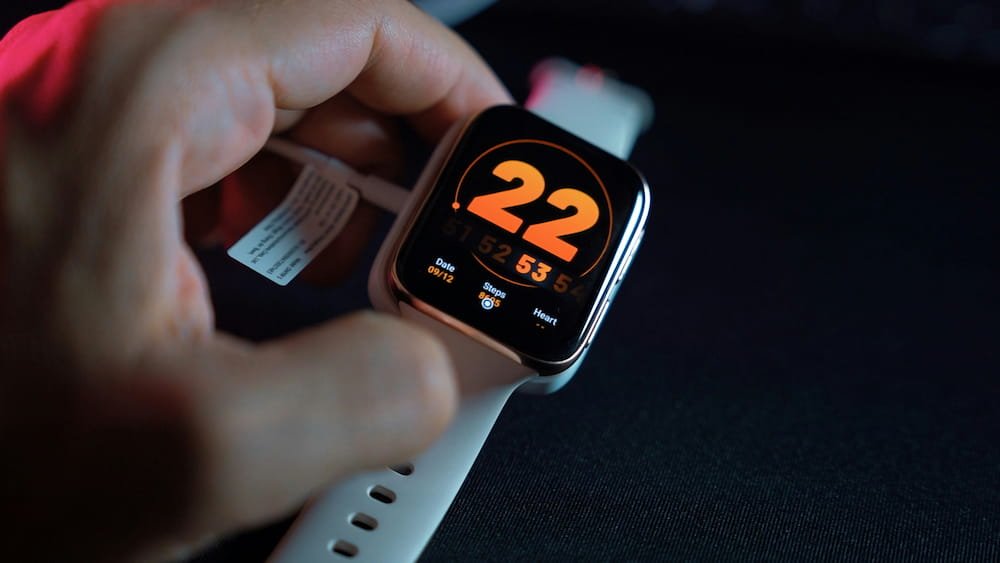
iPhone:
If you are already invested in the Apple ecosystem, the iPhone is a natural choice. The seamless integration between devices and services like iCloud, Apple Music, and Apple Pay enhances the overall experience.
Android:
Android offers flexibility with ecosystem integration. Google's services are robust, and many Android devices work well with third-party products and services. For those who prefer not to be tied to a single brand, Android's versatility is appealing.
Conclusion: Which is Right for You?
Choosing between iPhone and Android ultimately depends on your priorities and preferences:
- iPhone is ideal for those who value a seamless, user-friendly experience, robust security, and integration with other Apple products.
- Android is perfect for those who prioritize customization, a wide range of device options, and innovative features.
Consider your needs, budget, and how each platform aligns with your daily activities. Both iPhone and Android have their strengths, ensuring you’ll find a device that suits your lifestyle.
